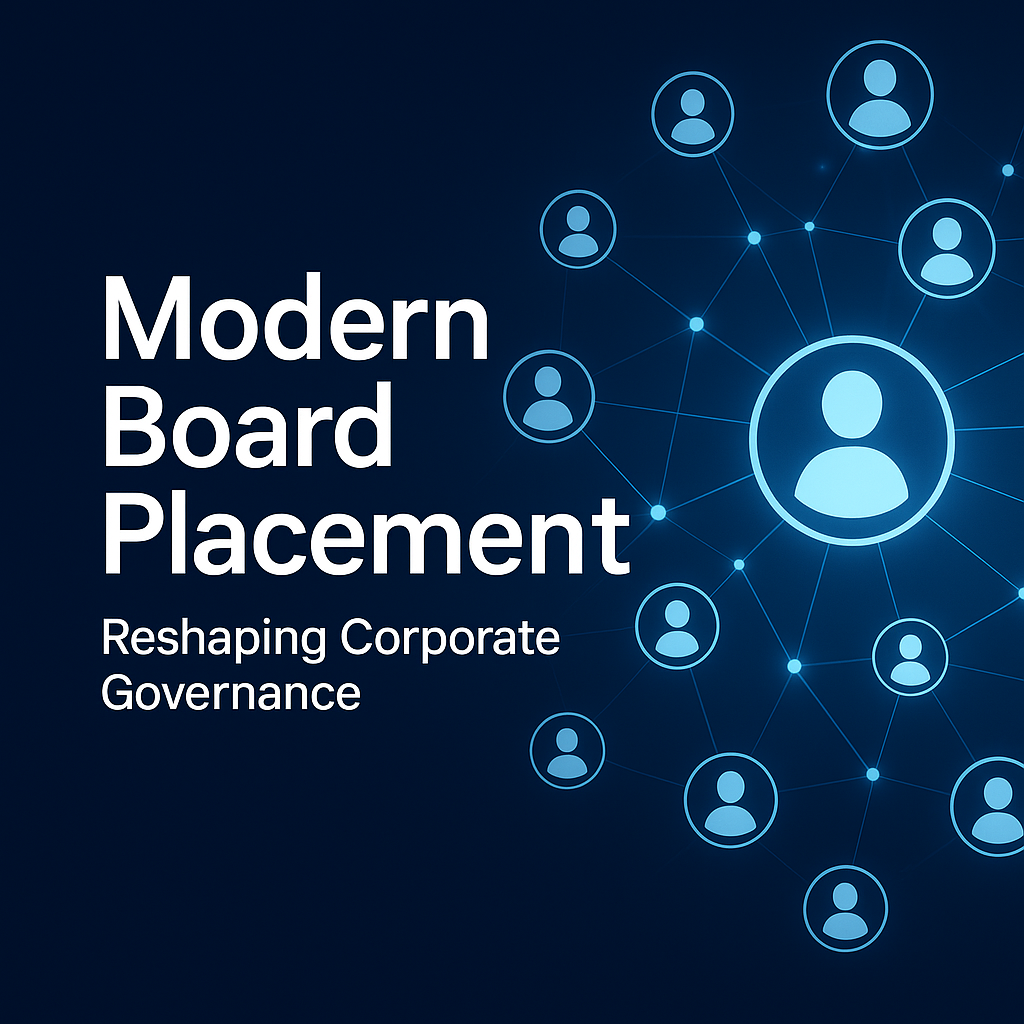What better way to tap into the skills and expertise board members bring than to connect them with people in the same company looking for mentorship?
BY MARTIN ROWINSKI4 MINUTE READ
The goal of a board is to mentor a company, guide its decisions, and provide advice on best practices. However, most companies don’t consider the benefits that come from mentorship: Greater awareness of new ways of thinking, a challenge to our limiting assumptions, and the sharing of valuable life lessons we have yet to gain. What better way to tap into the skills and expertise board members bring than to connect them with people in the same company looking for mentorship?
A company’s leaders and employees can both benefit from the insights and experience of its board members. Board members often offer this mentorship to new members joining their ranks. By tapping into that service to provide broad company mentorship—especially to executives looking to advance their experience—a company can boost its overall expertise and chances of success.
THE BEST MENTORS
Suppose you already took the steps to create a well-crafted board with a diverse range of inside and outside perspectives. In that case, those members are uniquely qualified to mentor a company’s leadership. This mentorship can be more than just industry-specific. For example, a CMO could benefit from a mentor with new skill sets, even if they don’t have marketing experience. By learning more about what it takes to be a board member, company executives are in a great position to move up into the board and progress in their careers.
Through seeing the ins and outs of a board’s day-to-day tasks, executives gain a higher view of the company. When they can see their role and the organization through the perspective of its board and the responsibilities of its members, they can make better-informed decisions. In a public company especially, board members have the vote when it comes to firing senior management. Executives who can consider how board members view a company and its leadership have a greater awareness of how they can benefit from the board’s success and avoid ways that hinder it.
STARTING A MENTORSHIP PROGRAM
Set up some kind of a mentorship program with board members, either advisors or directors. Schedule regular meetings where executives, leaders, or a more general selection of team members have the opportunity to speak with the designated mentor. To make it easier for board members to make time to participate, the mentor can change every year. The assigned board member (or members) would mentor through their term and then rotate to the next, offering varying perspectives on leadership and mentorship to the company’s executive team and building upon their experience.
Mentors could arrange speaking engagements with small or large groups depending on the company size, allowing companies to involve more team members than just C-suite executives. It would also be helpful for mentors to meet one-on-one with employees.
Advisors have more flexibility and can likely meet with more frequency than directors, but both roles could offer invaluable insights by sitting down with executives for direct mentorship. If the board members are available and willing to meet on such scale and frequency, a balance of both group and individual meetings would be most beneficial.
HOW IT PLAYS OUT
When Exelis, a former global aerospace, defense, and information solutions company now part of L3Harris Technologies, began an internal mentorship program between their company’s board of directors and high-potential management, their mentees were impressed with how much they benefited—and so were the mentors. Beyond the satisfaction of making a difference in their mentee’s careers, their mentoring and coaching skills improved in the process. They also broadened their professional networks and knowledge of technical skills. The company saw better individual performance, greater mentoring throughout the company, and a stronger sense of trust between the board and its leadership.
To implement a mentorship program in your company, start by bringing it up in a board meeting. Find out which members would be interested and their availability for such a role. Work with interested board members to develop a plan—potential executives for mentorship, areas of expertise mentors can offer, and the frequency of group speaking engagements or one-on-ones.
Then, schedule meetings and review what each one will cover. One meeting might cover fiduciary and legal responsibilities and the rules around those. In another, mentors can spend time discussing the company’s vision, mission, and values, how they were developed, and how they are being implemented. Another meeting can take them through the board’s strategic plan, goals, and objectives.
In the same way that board members mentoring new members benefits the board and its ability to perform and make decisions, the mentorship of the company’s leadership is also essential. Board mentoring prepares the next generation of senior executives for membership while broadening their range of insights to run a more successful company. When leaders tap into the valuable knowledge they have in their board for mentorship, they end up with more members of their company growing to achieve their full potential.
Martin Rowinski is the CEO of Boardsi, a corporate board recruitment company.
Source: Fast Company









